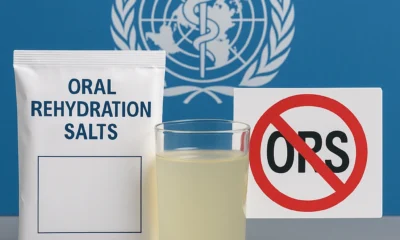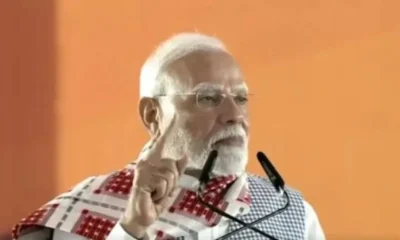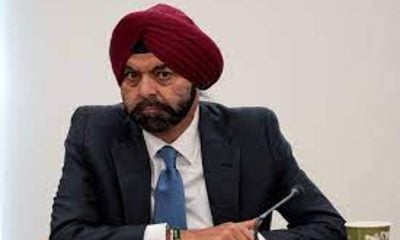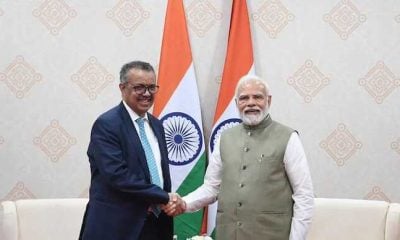India has shown an impressive decline in deaths, with about 8,02,000 infant deaths reported in India in 2017, which is now for the first time below the one million mark and the lowest in five years, the UN said in a new report.
The rate has declined from nearly 22 per cent in 2012 to 18 per cent in 2017, said the United Nations Inter-agency Group for Child Mortality Estimation (UNIGME).
“The under-five mortality rate of India at 39 per 1000 now equals that of the world, highlighting the much faster decline by India in the last five years as compared to the global decline. (Under-five mortality of India: 39 per 1,000 and global also is 39 per 1,000),” it said.
According to the report, the gender gap in child survival has reduced almost four-fold in the last five years, with under-five mortality of girl child now being 2.5 per cent higher, compared to nearly 10 per cent in 2012.
The UNIGME report said 6,05,000 neonatal deaths were reported in India in 2017, while the number of deaths among children aged 5–14 was 1,52,000.
“India continues to show impressive decline in child deaths, with its share of global under-five deaths for the first time equalling its share of childbirths,” Yasmin Ali Haque, Representative, UNICEF India said.
“The efforts for improving institutional delivery, along with countrywide scale up of special newborn care units and strengthening of routine immunization, have been instrumental towards this,” she said.
The number of infant deaths has come down from 8.67 lakh in 2016 to 8.02 lakh in 2017. In 2016, India’s infant mortality rate was 44 per 1,000 live births.
In 2017, sex-specific under-five mortality rate was 39 in 1,000 for male and 40 in 1,000 for females. “Even more heartening is the fourfold decline in the gender gap in survival of the girl child over last five years,” Haque said.
The investment on ensuring holistic nutrition under the POSHAN campaign and national commitment to make India open defecation-free by 2019 are steps that will help in accelerating progress further, she added.
However, according to the report, an estimated 6.3 million children aged below 15 died in 2017, or 1 every 5 seconds, mostly of preventable causes, according to new mortality estimates released by UNICEF, the World Health Organisation (WHO), the United Nations Population Division and the World Bank Group.
A vast majority of these deaths – 5.4 million – occur in the first five years of life, with newborns accounting for around half of the deaths. “Without urgent action, 56 million children under five will die from now until 2030 – half of them newborns,” said Laurence Chandy, UNICEF Director of Data, Research and Policy.
“We have made remarkable progress to save children since 1990, but millions are still dying because of who they are and where they are born. With simple solutions like medicines, clean water, electricity and vaccines, we can change that reality for every child,” she said.
Globally, in 2017, half of all deaths under five years of age took place in sub-Saharan Africa, and another 30 per cent in Southern Asia. In sub-Saharan Africa, 1 in 13 children died before their fifth birthday. In high-income countries, that number was 1 in 185.
“Millions of babies and children should not still be dying every year from lack of access to water, sanitation, proper nutrition or basic health services,” said Princess Nono Simelela, Assistant Director-General for Family, Women and Children’s Health at WHO.
“We must prioritize providing universal access to quality health services for every child, particularly around the time of birth and through the early years, to give them the best possible chance to survive and thrive,” Simelela said.
Most children under five die due to preventable or treatable causes such as complications during birth, pneumonia, diarrhea, neonatal sepsis and malaria, the report said.
By comparison, among children between 5 and 14 years of age, injuries become a more prominent cause of death, especially from drowning and road traffic. Within this age group, regional differences also exist, with the risk of dying for a child from sub-Saharan Africa 15 times higher than in Europe, it said.
“More than six million children dying before their fifteenth birthday is a cost we simply can’t afford,” said Timothy Evans, Senior Director and Head of the Health, Nutrition and Population Global Practice at the World Bank Group.
“Ending preventable deaths and investing in the health of young people is a basic foundation for building countries’ human capital, which will drive their future growth and prosperity,” the report read.
For children everywhere, the most risky period of life is the first month. In 2017, 2.5 million newborns died in their first month. A baby born in sub-Saharan Africa or in Southern Asia was nine times more likely to die in the first month than a baby born in a high-income country. And progress towards saving newborns has been slower than for other children under five years of age since 1990.
Even within countries, disparities persist. Under-five mortality rates among children in rural areas are, on average, 50 per cent higher than among children in urban areas. In addition, those born to uneducated mothers are more than twice as likely to die before turning five than those born to mothers with a secondary or higher education.
Despite these challenges, fewer children are dying each year worldwide.
The number of children dying under five has fallen dramatically from 12.6 million in 1990 to 5.4 million in 2017. The number of deaths in older children aged between 5 to 14 years dropped from 1.7 million to under a million in the same period.

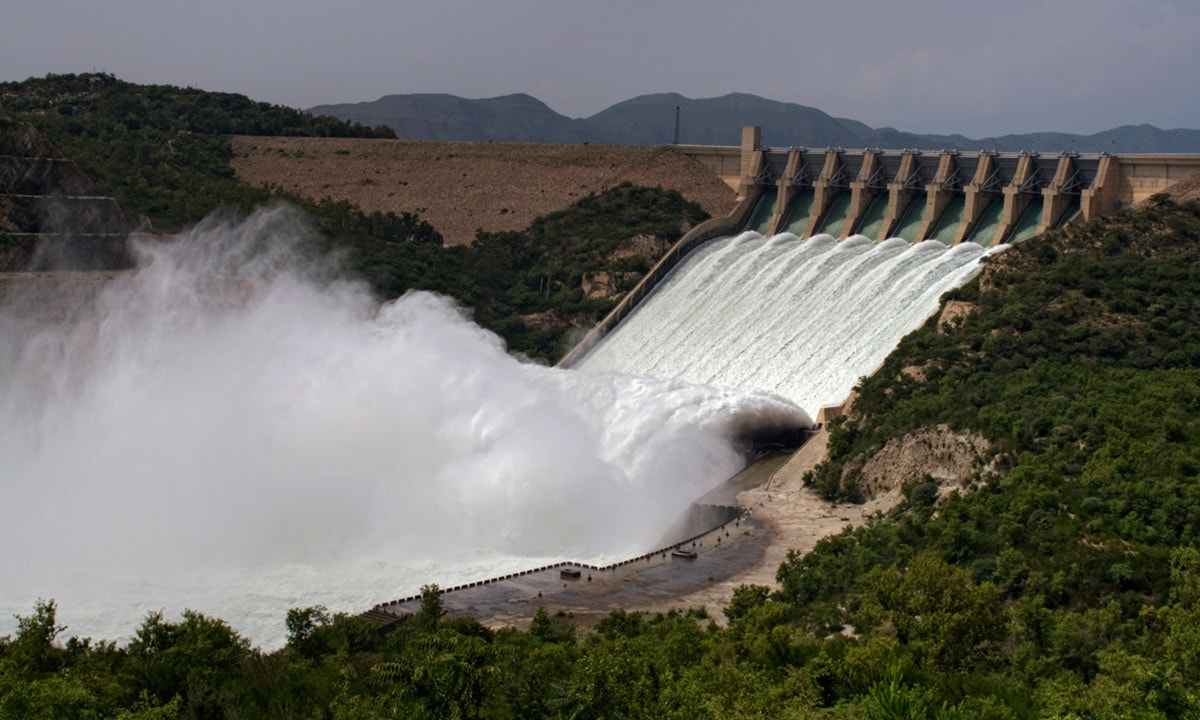
 Latest world news16 hours ago
Latest world news16 hours ago
 India News17 hours ago
India News17 hours ago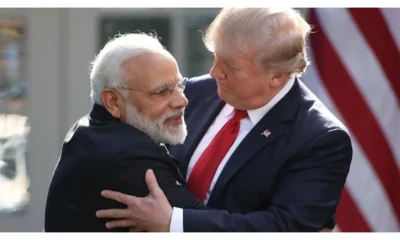
 Latest world news2 hours ago
Latest world news2 hours ago
 India News2 hours ago
India News2 hours ago
 India News1 hour ago
India News1 hour ago
 India News1 hour ago
India News1 hour ago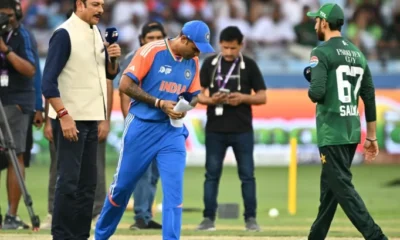
 LATEST SPORTS NEWS55 mins ago
LATEST SPORTS NEWS55 mins ago


